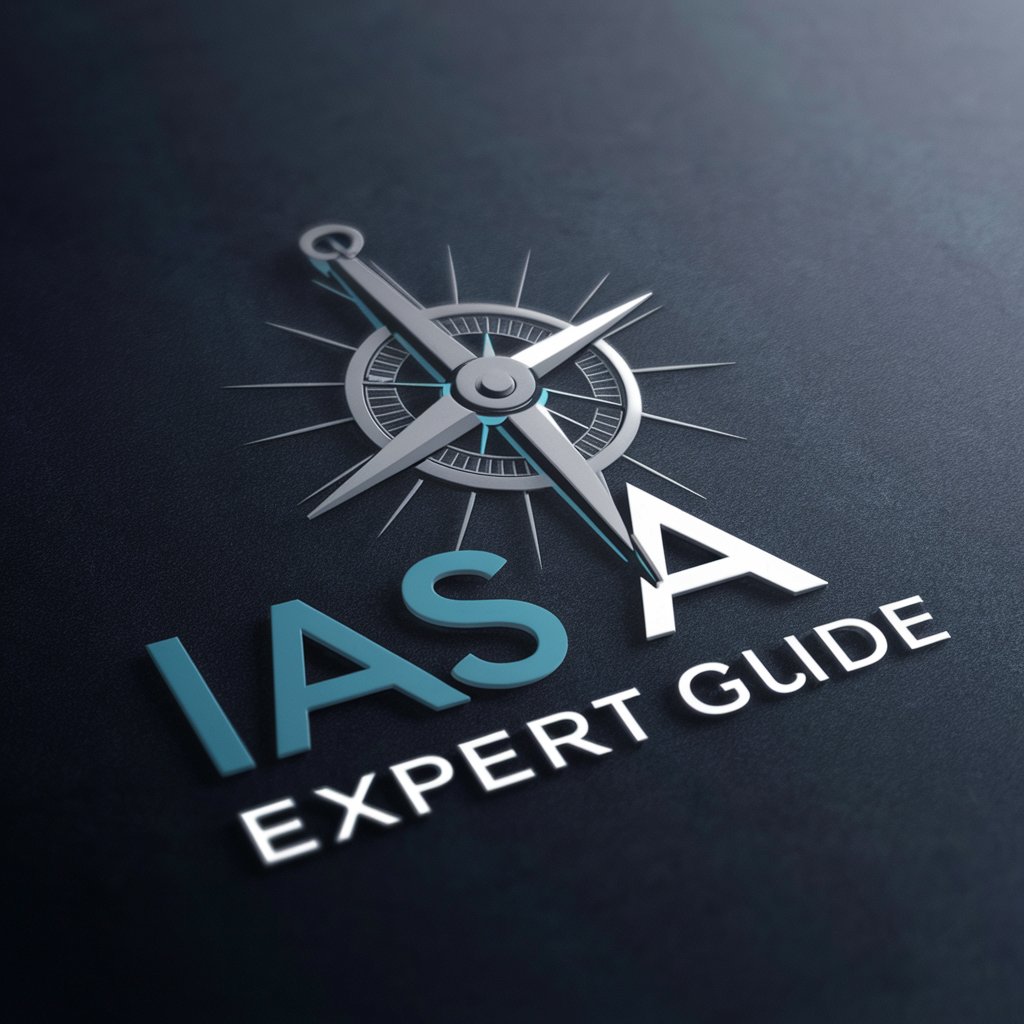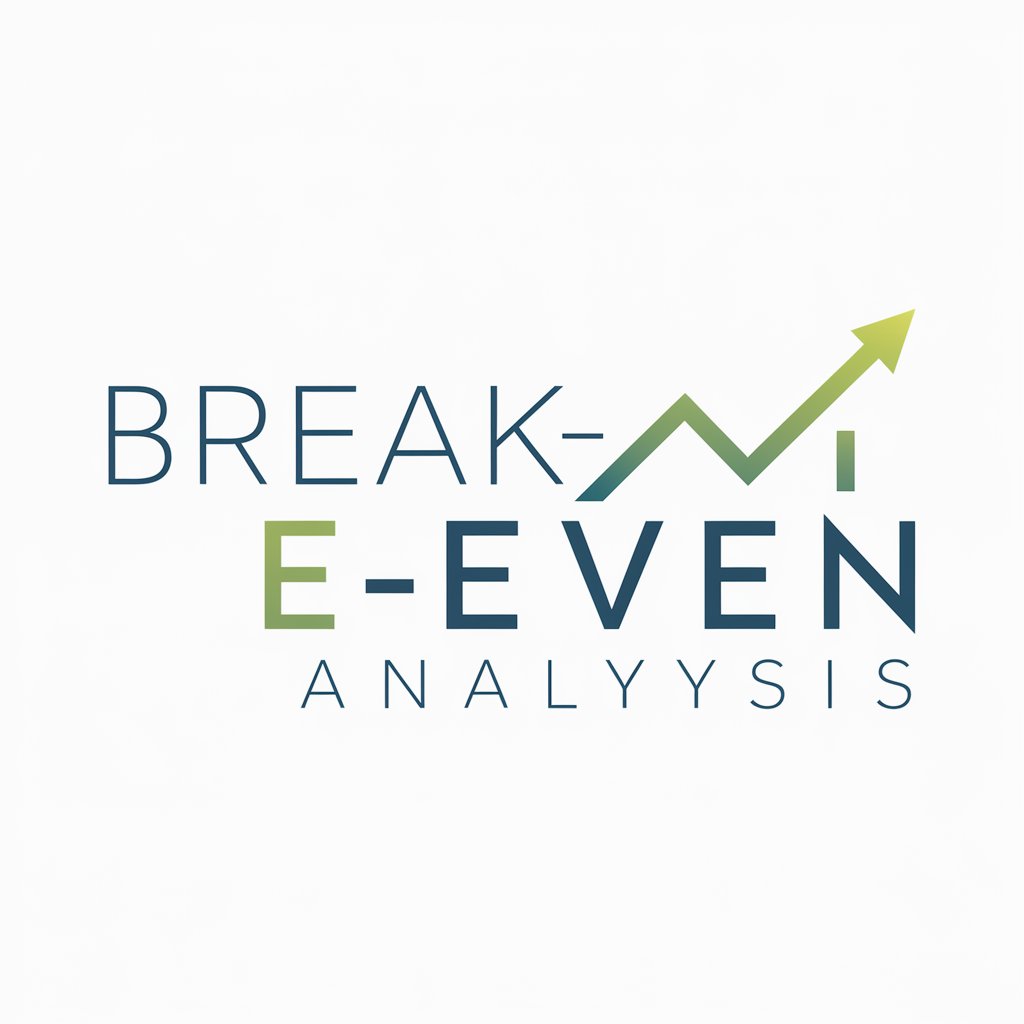Debt Management - Debt Strategy Guidance

Welcome! How can I assist you with managing your debt today?
Empowering Financial Freedom with AI
What are the most effective strategies for paying off credit card debt?
Can you explain the difference between secured and unsecured debt?
How can I create a budget to manage my debt more effectively?
What are the potential consequences of not paying off student loans?
Get Embed Code
Introduction to Debt Management
Debt Management is a specialized service designed to assist individuals and businesses in effectively managing their debt. The core purpose of this service is to provide strategies, advice, and solutions to help users navigate the complexities of various types of debt, from personal loans and credit card debt to mortgages and student loans. By offering tailored advice, Debt Management helps users to create and implement realistic plans for paying off debt, restructuring existing debt, or negotiating better terms with creditors. For example, an individual overwhelmed with credit card debt may use Debt Management to consolidate their balances into a single loan with a lower interest rate, making it easier to manage payments and reduce the overall cost of the debt. Powered by ChatGPT-4o。

Main Functions of Debt Management
Debt Consolidation
Example
Consolidating multiple credit card debts into a single loan with a lower interest rate.
Scenario
An individual with several high-interest credit cards can use debt consolidation to reduce their monthly payments and simplify their finances.
Debt Negotiation
Example
Negotiating with creditors to lower interest rates or settle for less than the full amount owed.
Scenario
A person facing financial hardship might negotiate with their creditors to reduce the debt burden, potentially avoiding bankruptcy.
Budgeting and Financial Planning
Example
Creating a personalized budget that allocates funds for debt repayment while meeting essential living expenses.
Scenario
Families struggling to manage debt payments can benefit from a structured financial plan that prioritizes debt reduction without compromising on basic needs.
Credit Counseling
Example
Providing advice and education on managing debt and improving financial habits.
Scenario
Individuals new to credit or those trying to rebuild their credit history can gain valuable insights on responsible credit use and strategies to avoid future debt problems.
Ideal Users of Debt Management Services
Individuals with Multiple Debts
People juggling various forms of debt, such as credit card debt, student loans, and personal loans, who seek to streamline their payments and reduce interest rates.
Those Experiencing Financial Hardship
Individuals or families facing financial difficulties, such as reduced income or unexpected expenses, who need assistance in managing debt obligations to avoid default or bankruptcy.
Financially Inexperienced Individuals
Young adults or anyone new to managing personal finances who require guidance on effective debt management strategies and building a healthy credit history.
Business Owners with Debt
Small to medium-sized business owners who need to manage or restructure business-related debts to maintain operations and foster growth.

How to Use Debt Management
Initiate the Trial
Begin by visiting yeschat.ai to start a free trial, offering full access without the need for a login or a ChatGPT Plus subscription.
Identify Your Debt
List all your debts, including amounts, interest rates, and monthly payments, to have a clear understanding of your financial obligations.
Set Your Goals
Define clear, achievable goals for your debt repayment, such as paying off high-interest debt first or consolidating multiple debts for easier management.
Create a Budget
Develop a detailed monthly budget that allocates funds for debt repayment while still covering essential living expenses.
Monitor and Adjust
Regularly review your budget and progress towards your debt repayment goals, making adjustments as necessary to stay on track.
Try other advanced and practical GPTs
IAS Expert Guide
Empowering financial insight with AI

Corporate Loan
Empowering businesses with AI-driven loan solutions

Break-Even Analysis
Find your path to profitability with AI.

Money Mentor
AI-powered financial guidance at your fingertips.

The Ultimate Writing Style Profiler
Decoding Your Writing DNA with AI

Ava
Empowering design with AI insights

Return on Equity (ROE)
Empower financial decisions with AI-driven ROE insights.

Basketball Betting Analyst
AI-powered Precision in Betting Analysis

Caroline Lambert : Experte Musique en Ligne
Elevate Your Music Journey with AI

Random Word Rick
Spark creativity with a single word.

Startup Marketing Mentor
AI-powered B2B SaaS Marketing Mentorship

Qstar
Empowering Intelligence, Enhancing Reasoning

Frequently Asked Questions about Debt Management
What is Debt Management?
Debt Management is a tool designed to assist individuals in managing, consolidating, and repaying their debts. It provides strategies for budgeting, financial planning, and prioritizing debt payments to achieve financial stability.
How can Debt Management help reduce my debt?
Debt Management helps by offering personalized advice on debt repayment strategies, such as the snowball or avalanche methods, and by providing budgeting tools to ensure you can allocate resources effectively to your debts.
Can Debt Management assist with all types of debt?
Yes, Debt Management can assist with a wide range of debts including credit card debt, student loans, mortgage payments, and personal loans, offering tailored advice for each type.
Is Debt Management suitable for someone with a large amount of debt?
Absolutely. Debt Management is designed to help individuals regardless of the size of their debt. It offers scalable solutions that can be customized to fit the needs of those with substantial financial obligations.
How does Debt Management prioritize which debts to pay off first?
Debt Management prioritizes debts based on interest rates and balances. It may suggest paying off high-interest debts first (avalanche method) or starting with the smallest debts for quick wins (snowball method), depending on your financial situation and preferences.
